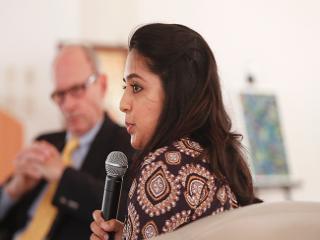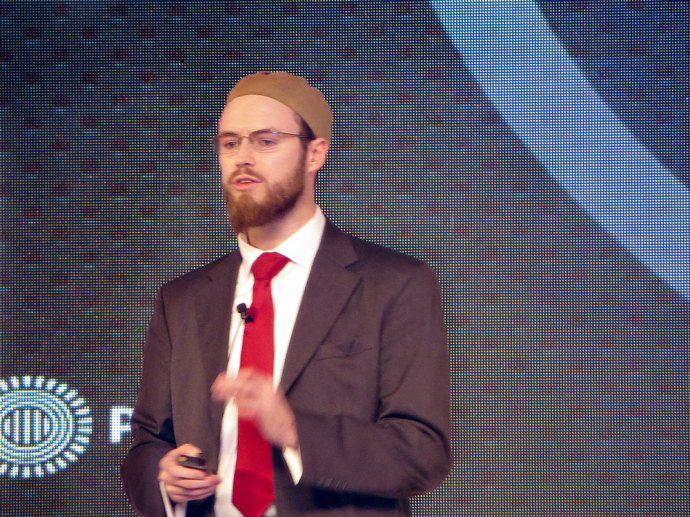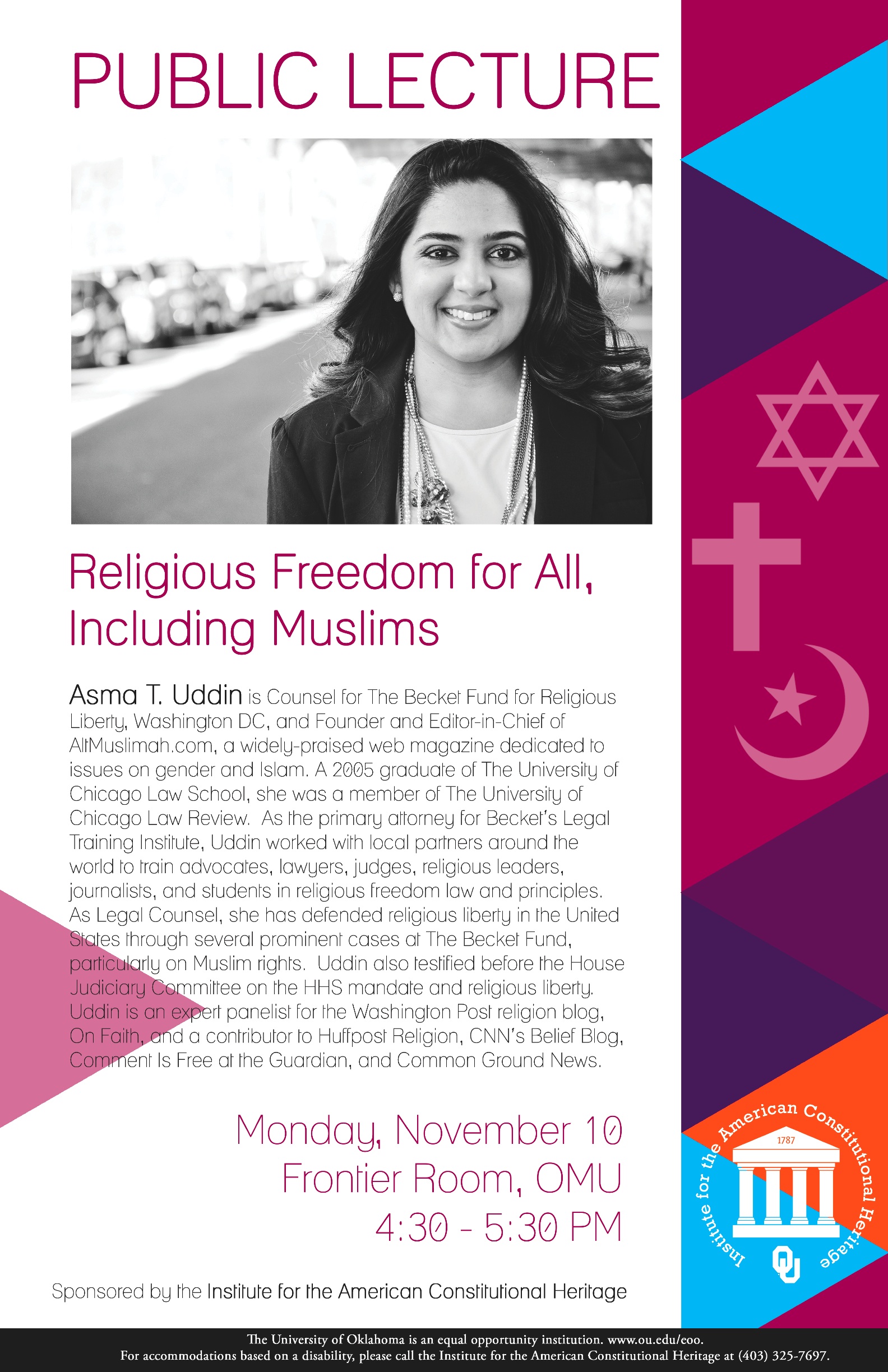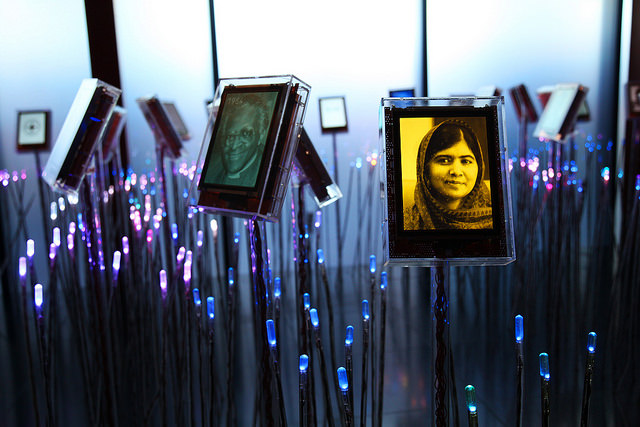A new documentary airing tonight on PBS stations around the country tackles the question of women’s space and role within mosques. Following journalist Asra Nomani solitary campaign for woman-led prayer, “The Mosque in Morgantown” features MPAC Communications Director questioning whether her tactics can lead to meaningful advancement sought by Muslim women.
The documentary airs tonight at 10:00 p.m. nationwide. Check local listings for more details or click here. We encourage you to watch it and voice your opinion on the discussion forum PBS has created for dialogue on this issue.
MPAC Executive Director Salam Al-Marayati is one of the featured voices on the PBS website, arguing that conservatism and extremism are two different issues:
Challenging authority is a great American and Islamic tradition. The schools of thought and jurisprudence we find in classical Islamic law today was the product of those who challenged authority of their time and place. There is one mistake Ms. Nomani makes, however. That is, she confuses authority with the mainstream.
If one works for reform, then alienating the people who want reform results in bad feelings and chaos. By imposing her approach on others who share her views, Ms. Nomani is undercutting her own objective and isolating herself to become a lonely voice. I empathize with her pain and suffering from her personal trials and tribulations in dealing with challenges facing Muslim women today.
Brittany Huckabee, the documentary’s director and producer also weighed into today on HuffingtonPost.com:
…Ultimately, I don’t believe the sermons given at the mosque in Morgantown represent anything more or less dangerous than those I heard in my church. They reflect the universal fare of conservative religion.
In Morgantown the mosque didn’t split. Moderates and progressives in the community pushed back, until the mosque finally began to grow into a more inclusive institution.
Tradition is a force of nature. It will always serve as a counterweight to the destabilizing push of modernity. One can argue that its adherents in Morgantown were rigid or small-minded, but they were not evil.
Also, Altmuslimah.com shares this interesting take on Nomani’s interaction with MPAC’s Edina Lekovic, which is featured in the documentary:
…Lekovic approaches Nomani at one point in the documentary and suggests that while she respects Normani’s passion and her struggle to garner equal and adequate prayer space for women by zeroing in on the issue of women leading prayer, Nomani is adopting an extremist stance of her own and thereby lending credence to misogynists within Islam who are all too eager to dismiss all women as potential radicals who must be kept in check.
Lekovic goes on to say that by pushing this issue, Nomani risks distracting from more important indicators of women’s empowerment in their mosques — women serving on the mosque’s governing board or the community inviting female scholars and guest speakers to share their ideas at the mosque. She invites Nomani to adopt issues and a methodology that resonate with the moderate majority. Her suggestion crystallizes the problem Muslim moderates within the Morgantown mosque, as well as across the country, have with Nomani. Nomani is convinced that the systemic inequality between the male and female members of the mosque can only be stomped out by a revolution of sorts.
(Source: Muslim Public Affairs Council)




